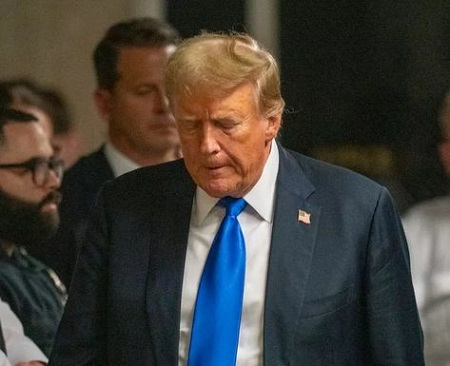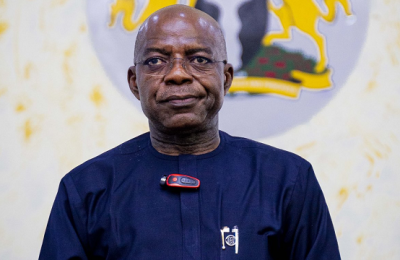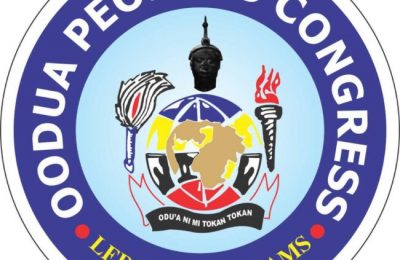
Donald Trump, who has influenced real estate, business, reality TV, and politics, is among the most well-known and significant individuals in American history.
Having constructed famous skyscrapers and transformed the business world, Trump’s impact goes far beyond political success.

Here are 10 things to know about the President-elect of the United States of America:
1. Early Life and Education: Fred and Mary Trump welcomed Donald Trump into the world on June 14, 1946, in Queens, New York. Trump was raised in a family that was focused on business; his father was a prosperous real estate developer, which encouraged him to follow in his footsteps. After attending the New York Military Academy, he earned a degree in economics from the University of Pennsylvania’s Wharton School in May 1968, where he also started developing his commercial and real estate enterprise.
2. Family and Children: Trump has five children from his three previous marriages. Donald Jr., Ivanka, and Eric are his three children from his first marriage to Ivana Trump. Tiffany is the daughter of his second marriage to Marla Maples. Barron, his youngest son, was born out of his third marriage to Melania Trump. Many of Trump’s children have been involved in his political campaigns and have played important roles in the Trump Organization, most notably Ivanka, Donald Jr., and Eric.
3. Real Estate and Business Legacy: Trump made a name for himself in the real estate industry by creating recognizable properties under the Trump Organization, such as upscale residences, hotels, and golf courses. Projects like Trump Tower established his reputation as a prominent businessman and came to represent luxury.
4. Television Success: Trump became well-known as the presenter of the reality TV program “The Apprentice”, which highlighted his decisiveness and business acumen. His famous catchphrase, “You’re fired!” became ingrained in popular culture, enhancing his reputation as a successful businessman and securing his superstar status.
5. 45th US President: Trump was elected president in 2016 in the United States of America of which he served from January 2017 to January 2021, and his administration was characterized by goals to strengthen the American economy, deregulation, border security measures, and tax reforms. His administration implemented measures that had a long-lasting effect on immigration and domestic industry while concentrating on national objectives.
6. Bold Political Approach:Trump, known for his straightforward and frequently raw communication style, established previously unheard-of connections with his fans by frequently bypassing traditional media in order to express his ideas directly. His communication technique revolutionized politics and struck a deep chord with his supporters.
7. America First Policy: Trump’s foreign policy placed American interests at the forefront. From renegotiating trade deals to encouraging increased defense spending by North Atlantic Treaty Organization (NATO) allies, his America First policy aimed to strengthen the U.S. economically and strategically.
8. Impact on the Judiciary: One of Trump’s enduring legacies is his influence on the judiciary, particularly through his appointment of three Supreme Court justices—Neil Gorsuch, Brett Kavanaugh, and Amy Coney Barrett. These appointments are expected to shape American jurisprudence for decades to come.
9. Transformation of the Republican Party: Trump’s influence has left a lasting mark on the Republican Party. The “Make America Great Again” (MAGA) movement redefined conservative politics, with many Republican candidates now reflecting his style and policy priorities.
10. Tax Reform and Deregulation: Comprehensive tax reform aimed at increasing the competitiveness of American businesses was a key component of Trump’s economic agenda. In order to encourage investment and growth, the 2017 Tax Cuts and Jobs Act lowered corporate tax rates and made other measures that would benefit both individuals and businesses. In order to make the economic environment more welcoming, especially for the manufacturing and energy sectors, Trump’s administration also prioritized deregulation, which involved lowering government restrictions across a range of businesses. This strategy was perceived as an attempt to boost economic expansion and generate employment within the country.
ALSO READ THESE TOP STORIES FROM NIGERIAN TRIBUNE







